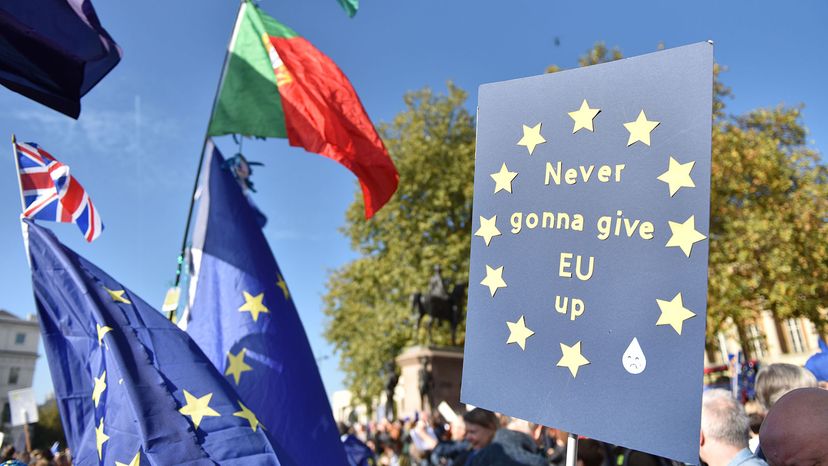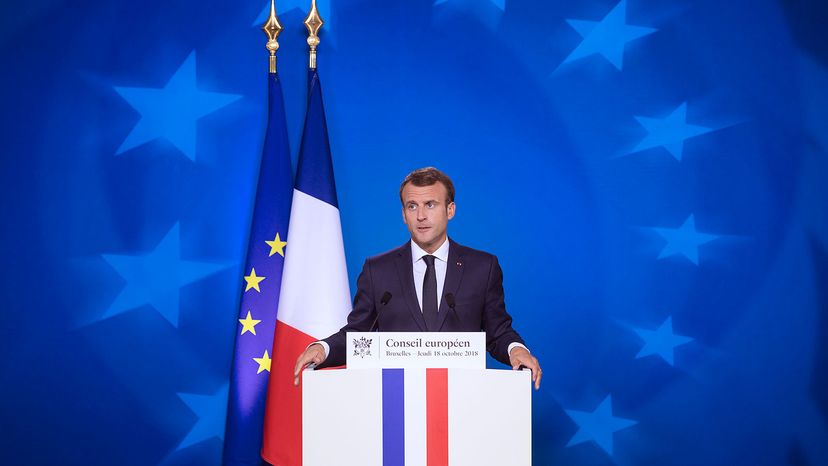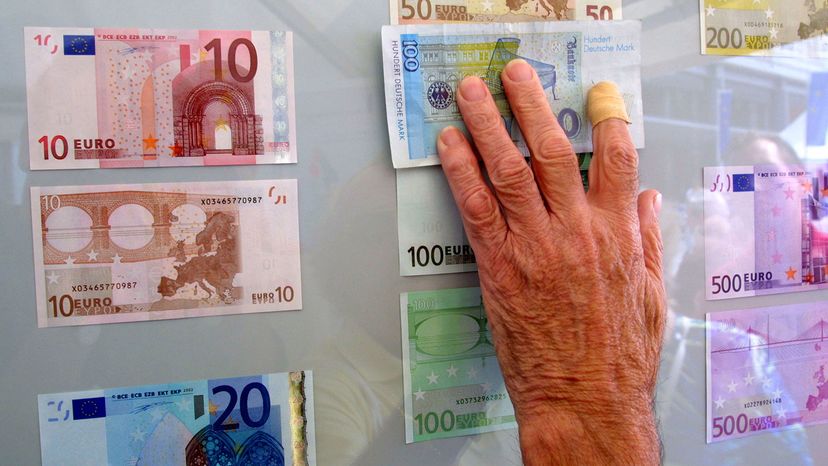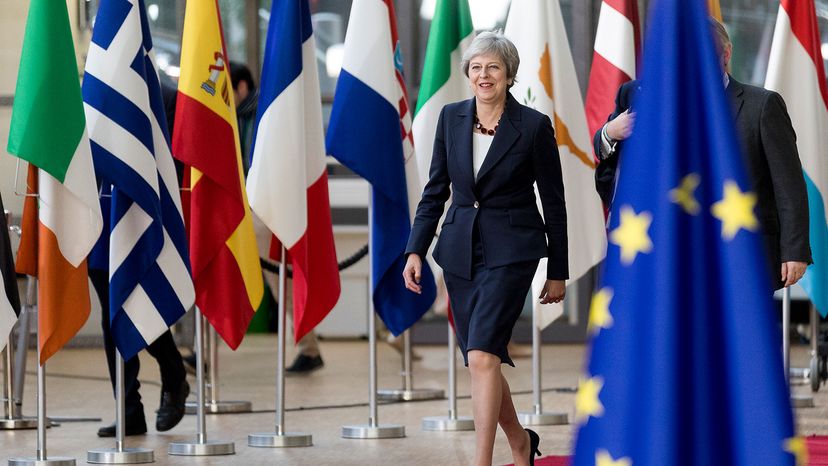
In the summer of 2018, the United Kingdom's Prime Minister Theresa May traveled to the south of France to meet with French President Emmanuel Macron at his vacation retreat at Côte d'Azur's Fort de Brégançon. But she wasn't there just to enjoy the view of the Mediterranean. May hoped to get Macron's help with a delicate problem. Two years before, U.K. voters had surprised the world by narrowly deciding to leave the European Union (EU). Now, May wanted to work out a compromise, in which the U.K. technically would leave the EU but would stay in Europe's economic marketplace and not have its exports subjected to customs checks and restrictions [source: Judah].
But Macron wasn't having it. The U.K. was the first nation ever to quit the EU, and it was going to have to do it the hard way. As Macron later told his diplomats, he wouldn't agree to any deal that came "at the expense of the European Union's integrity" [source: Merrick].
Advertisement
The organization that Macron was so keen on protecting is one that's helped bring peace, stability and prosperity to a continent once full of bitter rivals. The EU is a political and economic partnership of 28 member nations, in which each country keeps its sovereignty but all cooperate closely. The EU nations function as a single market in which capital, goods and services move freely, and share a common trade and agricultural policy. In addition, 19 of the 28 nations have adopted a common currency, the euro, and 22 of them participate in something called the Schengen area of free movement, in which they don't impose any internal controls at their borders. The EU also has been branching out into setting up cooperation in defense and internal security policy [source: Archick].
In some ways, the EU is one of modern history's great successes. Not only has it eliminated strife among countries that fought numerous wars amongst themselves over the centuries, but it's also created an economic juggernaut that produced $19.9 trillion in economic activity in 2017. If the EU was a country, it would have the world's second biggest economy, just ahead of the United States' $19.4 trillion and behind only China's $23.1 trillion [source: Amadeo]. And EU countries have banded together to clean up the continent's environment and to impose stringent privacy policies that the world's tech giants have been obliged to follow.
But in recent years, the EU also has been rocked by growing internal tensions and outside challenges, from dealing with an influx of immigrants and refugees to rising internal opposition from populist and nationalist movements, including those who won the Brexit (the word is a compound of the term "British exit") referendum in the U.K. [source: Archick]. At the same time, the EU has clashed over trade issues with U.S. President Donald Trump, and the longtime relationship between the EU and the U.S. has grown decidedly more tense [source: Rogin].
In this article, we'll look at what the EU does, how it developed, and whether it will survive and prosper in the future.
Advertisement




